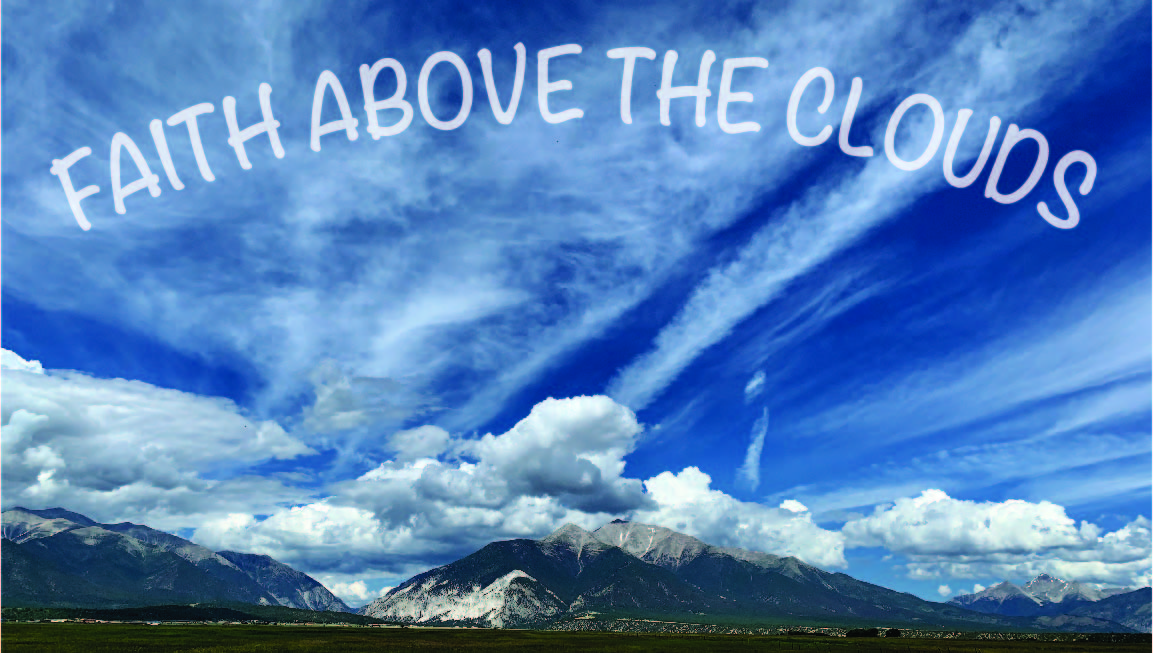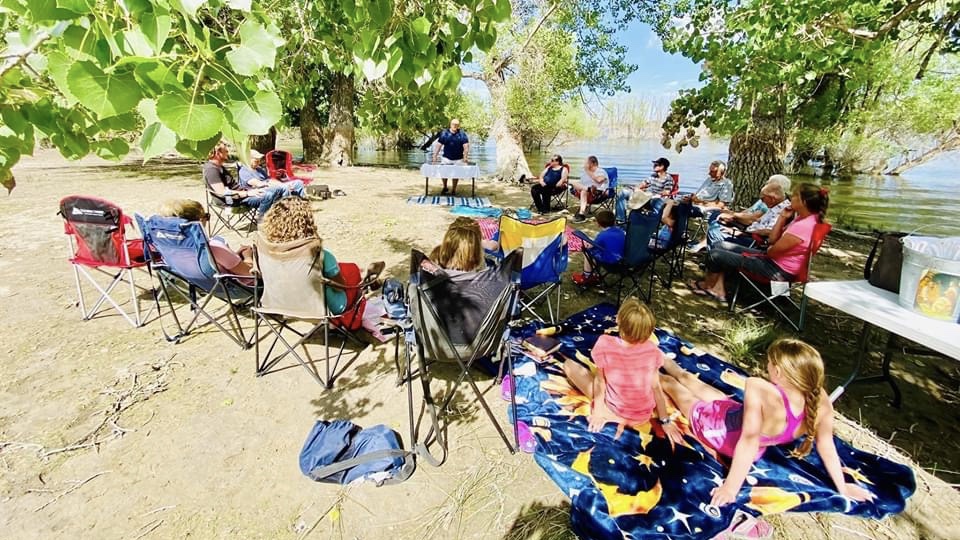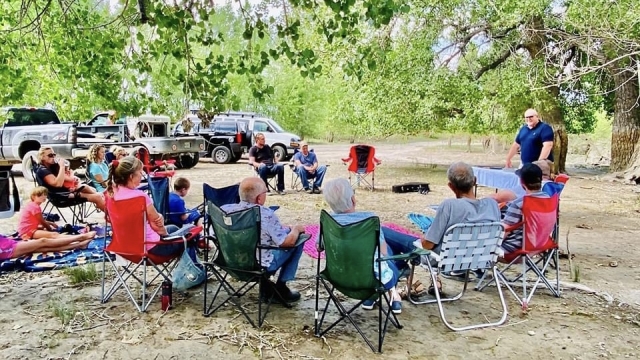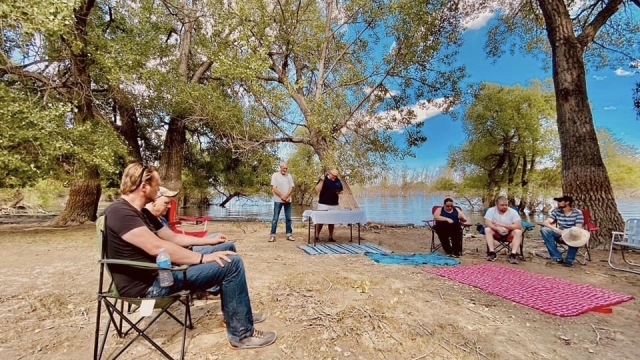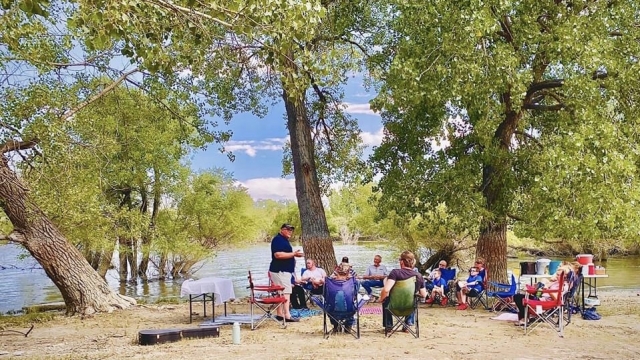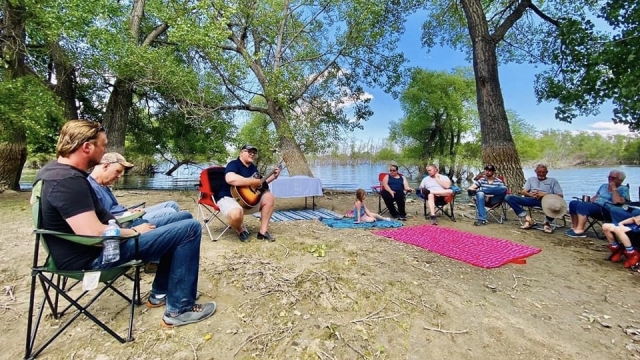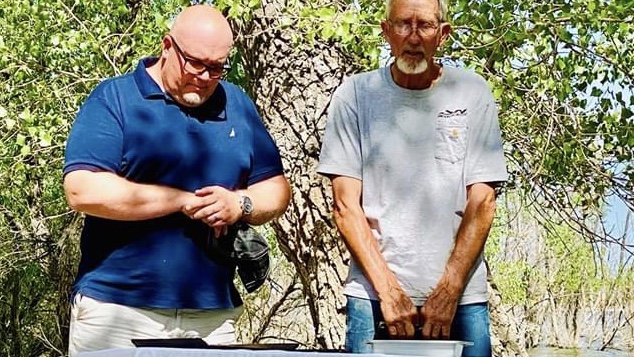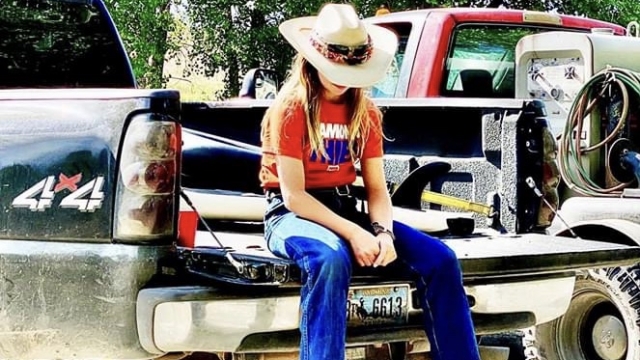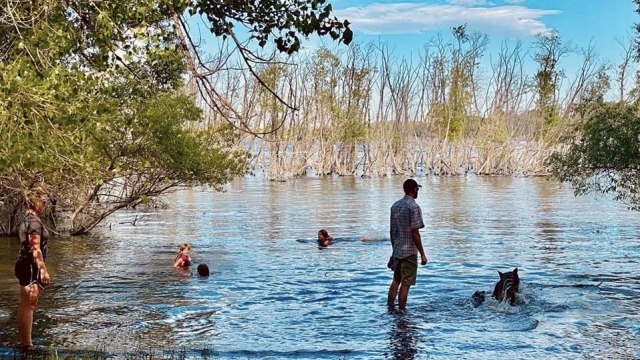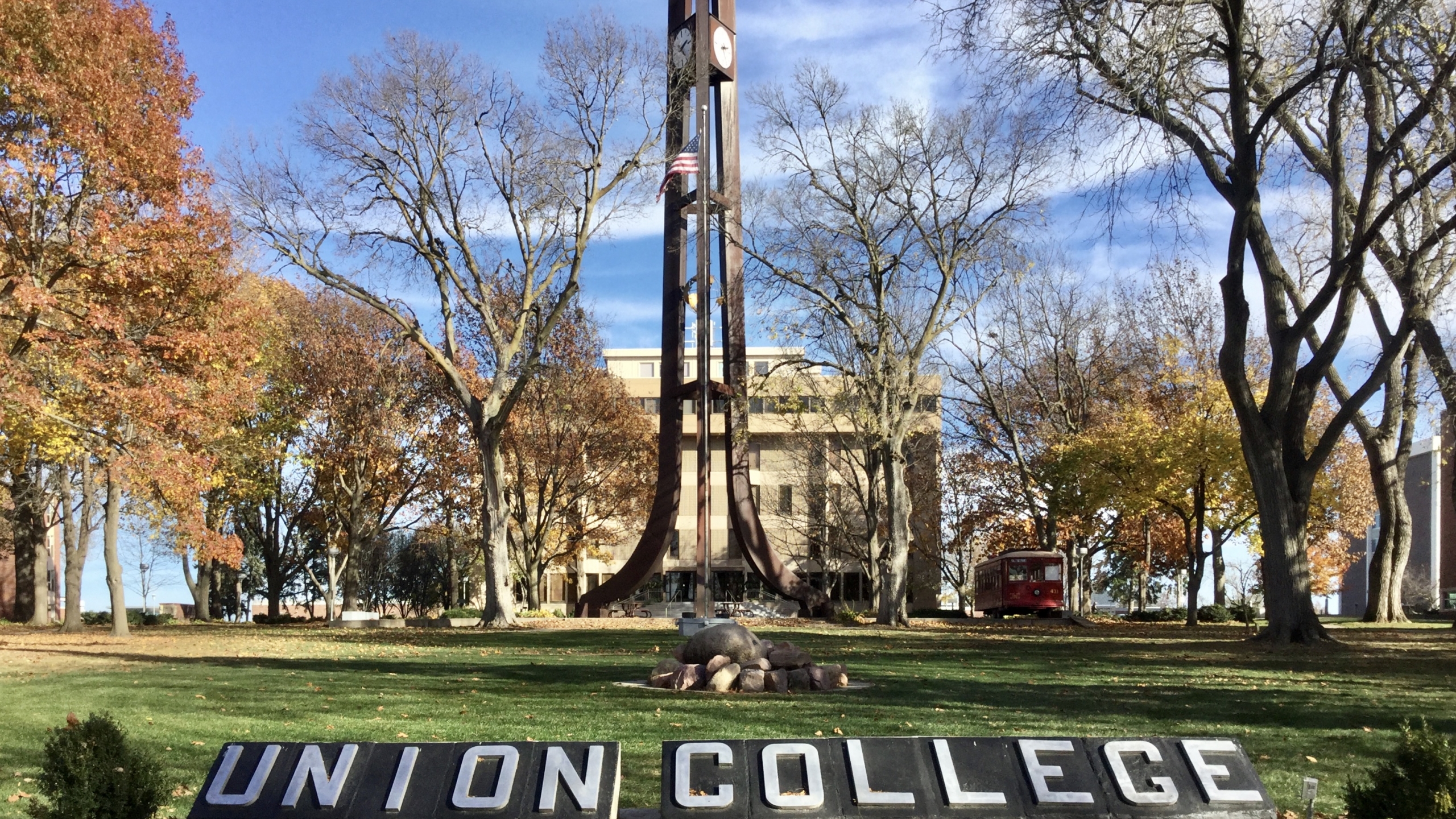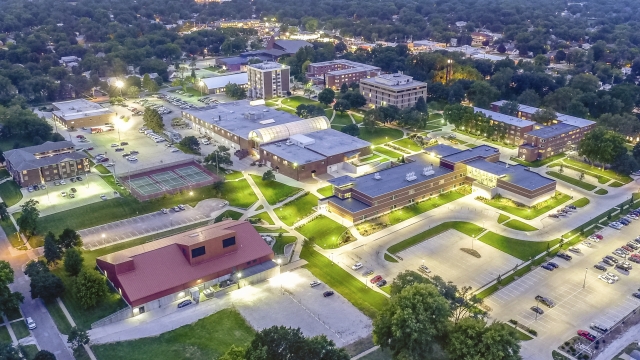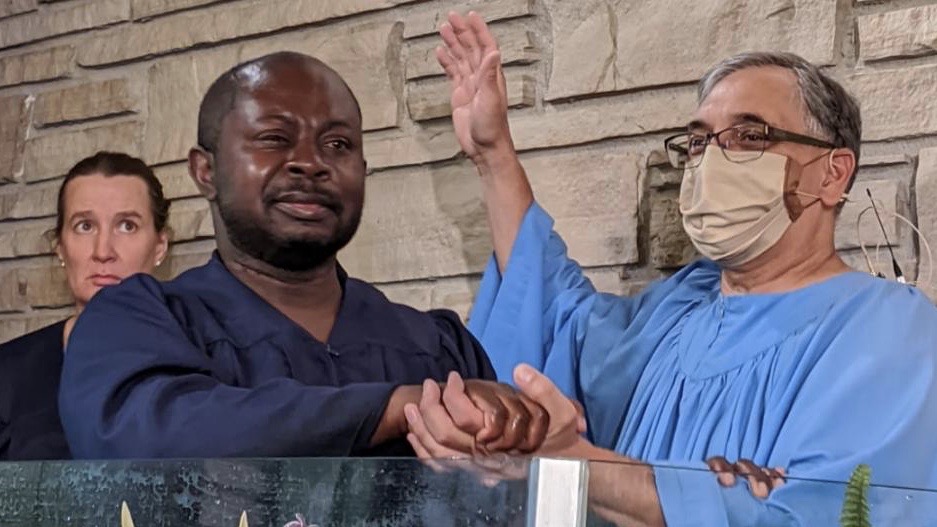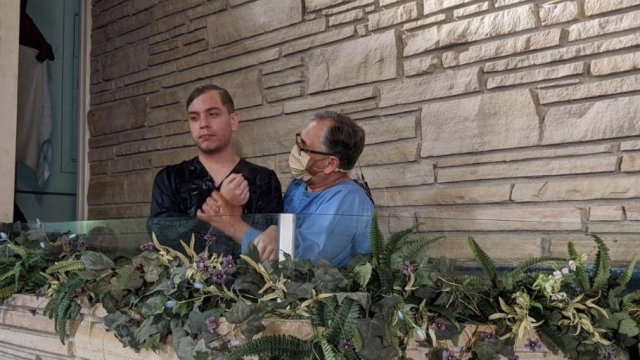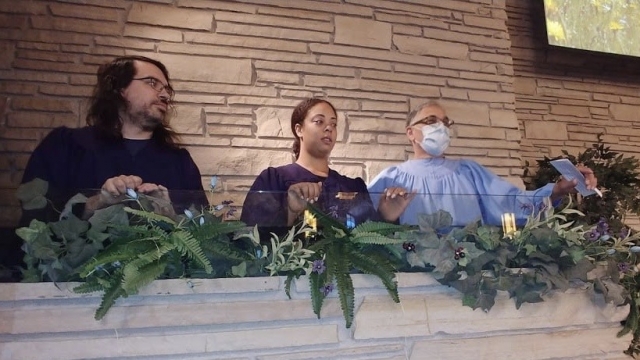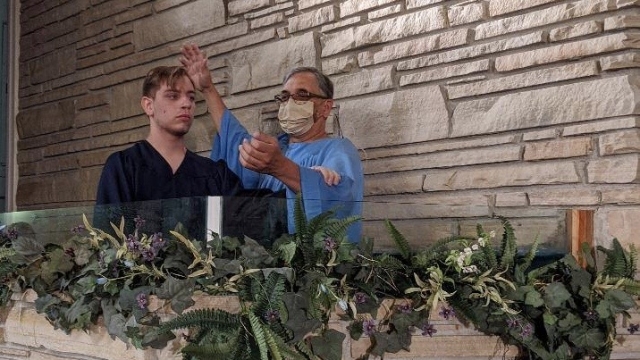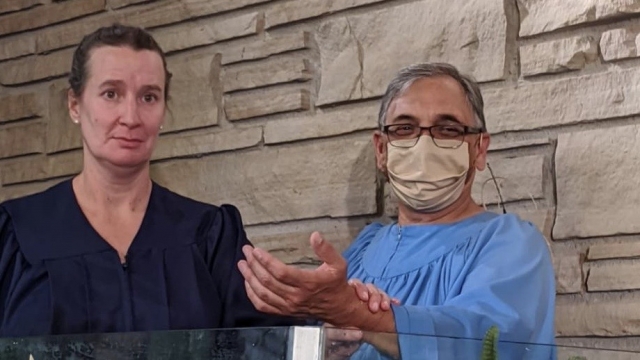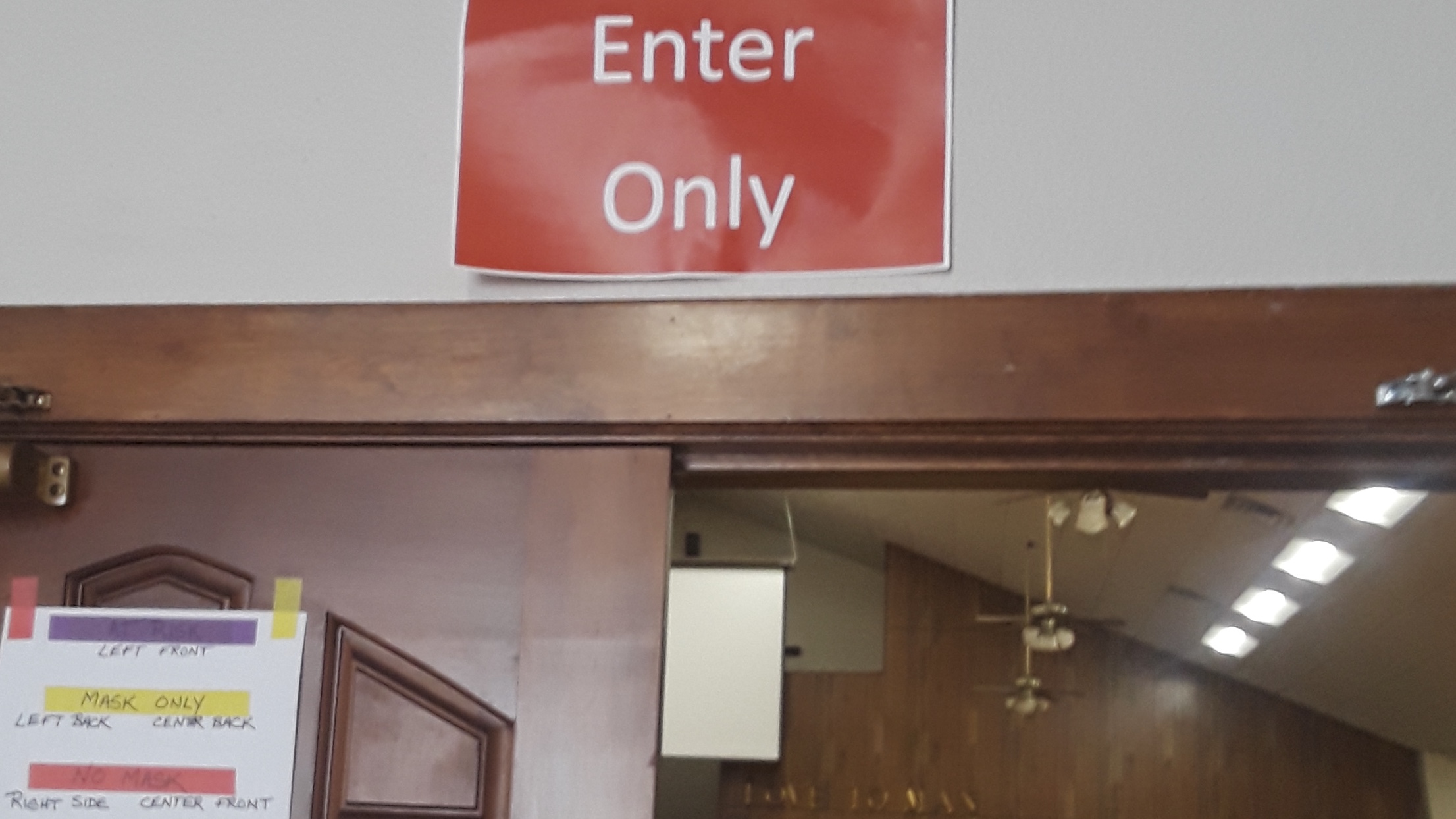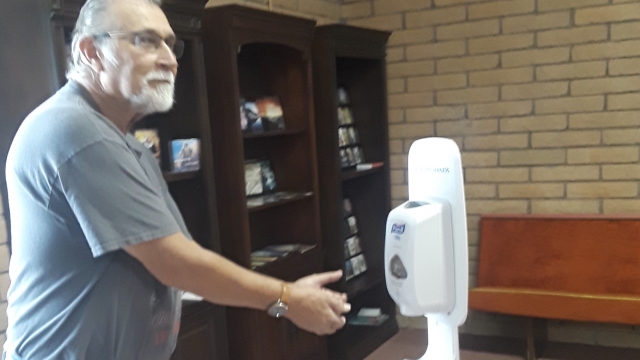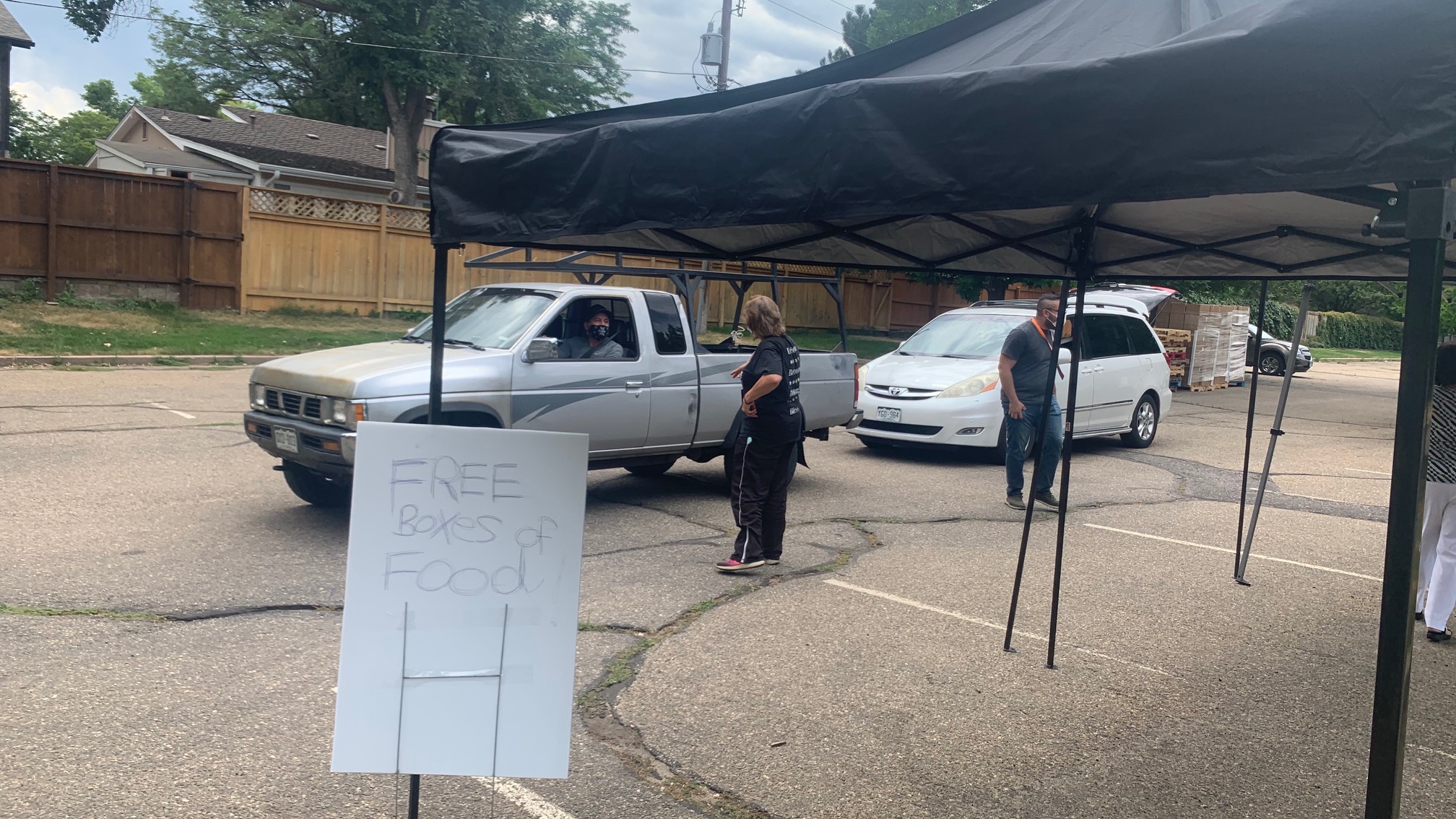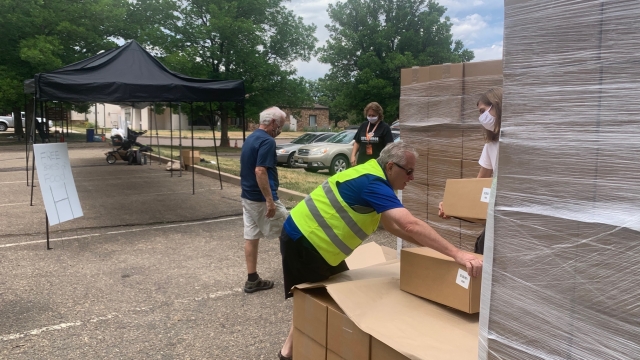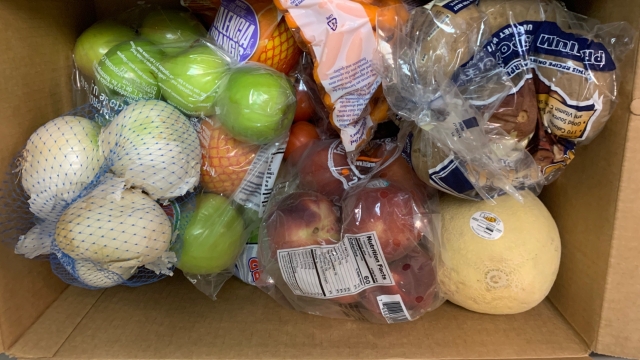By Wayne Morrison …I am sure you have heard the phrase, “Unprecedented times” as often as I have over the past few months. We have all seen and experienced things we never expected as we looked forward to 2020. From “the virus” to the recent cry for social justice, all prove to me how truly fragile our society is.
Watching and listening to the voices crying out for justice, seeking to be heard, and truly calling us to recognize moments when darkness has overwhelmed circumstance, has brought to my mind the words of Paul in 2 Corinthians 5:20, “Now then, we are ambassadors for Christ, as though God were pleading through us.”
Ambassadors represent the country they are commissioned by. If you are an ambassador for the United States, you represent the U.S. When you speak, when you interact with other governments, you speak for the U.S. When God calls you an ambassador, you speak for the kingdom of God, you speak for heaven itself; in fact, Paul says it’s, “as if God Himself were pleading through you.”
As I watch all that is happening, and listen to all the accusations and arguments, I wonder in this dark time if the loving voice of God Himself would make a difference? If we love as God loves, and if we truly wrap our arms around our brothers and sisters, treating everyone like family, would that not make a difference?
Let me clarify. I am not talking about tolerance, or even acceptance Those are not godly attributes. No, I am talking about truly loving everyone with the same love with which God loves us.
Tolerance would make room for others; acceptance allows others to make choices different than I might make, but loving as God loves means wrapping our arms around those who think differently. It is loving those who would reject me, those who would seek to take away my freedom, and even those who would seek to destroy me.
I have realized while I am sure this is what God would ask from me, He also knows I am not capable of that kind of love. It is beyond human love; it is “supernatural love”! God knows I need a miracle. I need Him to love through me. I need to be overwhelmed with supernatural love!
We have quoted familiar lines: “They will know us by our love” and “What the world needs is Jesus, just a glimpse of Him”. These are truer today than ever before! The world needs a picture of God’s love, His supernatural love to which they will respond, and if Jesus is lifted up in this way, He will draw all men to Himself.
As an ambassador for Christ, being His voice in my community, I pray those whom we contact will hear a voice filled with “supernatural” love, as if God Himself were pleading with them, “Be reconciled to God. For He made Him who knew no sin to be sin for us, that we might become the righteousness of God in Him.”
–Wayne Morrison is pastor of Brighton Seventh-day Adventist Church

